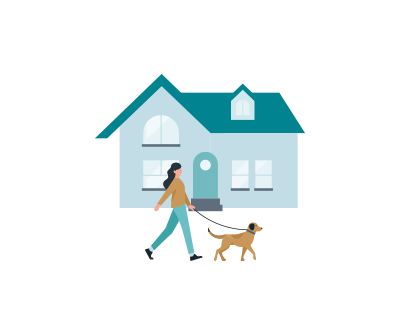Residence permits for EU/EEA nationals
EU/EFTA nationals shouldn’t struggle to obtain a residence permit for Switzerland. They will receive a combined work and residence permit, and will need only their passport and employment contract to apply. The various permits available to EU/EAA nationals are the L, B and G permits. They will need to choose the one that suits their situation and apply accordingly.
Residence permits for non-EU/EEA nationals
Expats who are not from an EU/EEA member state may find it difficult to obtain a residence permit for Switzerland. The Swiss government has strict employment quotas to ensure that local Swiss workers, followed by EU nationals, are given priority when it comes to jobs.
Permits are mostly granted to highly-skilled and well-qualified expats. Once a canton’s quota has been met for any given year, applicants will need to wait until the following year to get their permit.
Most residence permits for Switzerland are linked to an employment contract, but many jobs require a residence permit. There is no easy way to sidestep this dilemma but finding a company willing to act as a sponsor isn’t impossible for those who are highly skilled in certain fields. That said, companies have to prove that the position can’t be filled by a Swiss, EU or EEA citizen if they want to employ someone from elsewhere.
After an expat secures a job, their employer will apply for a Residence Permit Assurance (Zusicherung der Aufenthaltsbewilligung/Assurance d'Autorisation de Séjour) with the local authorities. Once granted, the document is sent to the applicant, and should be presented with their passport upon entry.
After arriving, expats will have 14 days to register at their local Residents Registration Office. They will also have to apply for their residence permit at their canton’s migration office. The process differs between cantons, so expats should check the requirements beforehand.



